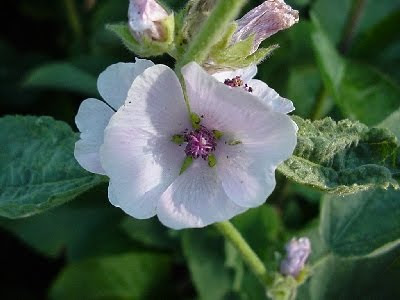
The warm taste of ginger, one of the most versatile of all spices, adds zest to any herbal infusion. Taken on its own, it stimulates circulation to the skin, promotes sweating and relieves nausea. Combine fresh root with garlic and honey to bring quick
relief to colds and flu and settle stomach upset.


